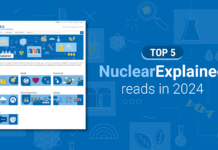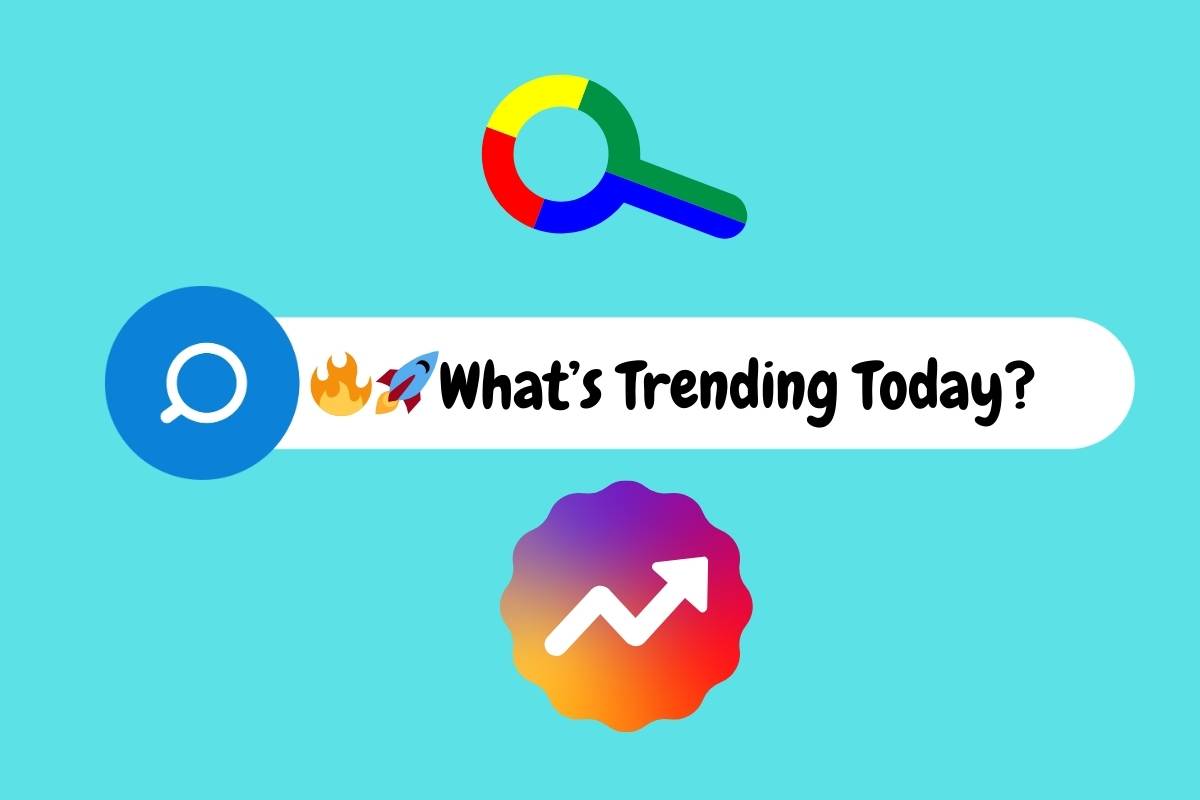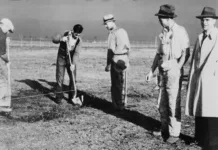Expert Claims 2024 Betting Odds More Accurate Than Polling: A Deep Dive
July 13, 2024 – In a surprising twist in the political forecasting landscape, Professor Harry Crane from Rutgers University has stirred the pot with a bold assertion: the 2024 betting odds are proving to be more accurate than traditional polling methods. This revelation comes from a recent segment on CNN Politics, which has since become a hot topic on Google searches today. For more information, you can refer to this news here.
Betting Odds vs. Polling: The New Predictor?
"The data shows if you wanted a single best predictor," says Professor Crane, "one source of information to know what’s going on in the elections – it’s the prediction markets." His statement highlights a growing trend among political analysts and enthusiasts who are turning to betting markets to gauge the potential outcomes of elections.
Prediction markets operate on the principle that the collective wisdom of the crowd is often more accurate than individual estimates. In these markets, participants place bets on various outcomes, and the odds reflect the aggregate of these bets. Unlike traditional polls, which rely on a sample of the population, betting markets continuously update based on real-time information and the sentiments of a diverse group of bettors.
Why Betting Markets Might Be More Reliable
- Real-time Updates: Betting markets are dynamic and adjust in real-time as new information becomes available. This contrasts with polls, which can become outdated quickly.
- Financial Incentive: Participants in betting markets have a financial stake in the outcome, which may lead to more thoughtful and informed predictions.
- Diverse Input: Betting markets aggregate the opinions of a wide range of people, potentially capturing a broader spectrum of perspectives than traditional polls.
The Republican Perspective
Professor Crane’s analysis comes with a cautionary note for the Republican Party. He warns that Republicans "shouldn’t just spike the ball just yet." While the current betting odds may favor certain candidates or outcomes, the dynamic nature of these markets means that the situation can change rapidly.
Historical Context and Recent Trends
Historically, betting markets have had a mixed track record. For instance, in the 2016 U.S. Presidential Election, betting odds heavily favored Hillary Clinton, yet Donald Trump emerged victorious. However, in recent years, there has been a growing body of evidence suggesting that prediction markets may offer a more accurate gauge of political outcomes than traditional polling methods.
Recent trends in the 2024 election cycle seem to support Professor Crane’s assertion. For example, during the primaries, betting odds accurately predicted several key outcomes that polls either missed or were uncertain about.
Expert Opinions and Public Reactions
The academic community is divided on this issue. Some experts emphasize the value of traditional polling, citing its scientific methodology and ability to capture demographic information. Others, like Professor Crane, argue that the real-time adaptability and financial incentives of betting markets make them a formidable tool in political forecasting.
Public reactions to this news have been mixed. Political enthusiasts are intrigued by the potential of betting markets to provide more accurate predictions, while skeptics caution against relying too heavily on them.
Potential Implications for Future Elections
If the trend of betting markets proving more accurate continues, it could have significant implications for how campaigns strategize and allocate resources. Campaigns might start paying closer attention to these markets to gauge public sentiment and adjust their tactics accordingly.
Moreover, media outlets and political analysts may begin incorporating betting odds into their reporting and analysis, providing a more comprehensive view of the electoral landscape.
A Word of Caution
While betting markets show promise, it’s essential to approach them with caution. They are not infallible and can be influenced by various factors, including market manipulation and overconfidence among bettors. Therefore, they should be used in conjunction with other forecasting tools rather than as a standalone predictor.
Additional Insights and Resources
For readers interested in delving deeper into this topic, several academic papers and articles explore the efficacy of prediction markets in political forecasting. Additionally, platforms like PredictIt and Betfair provide real-time betting odds and insights into various political events.
Conclusion
The debate over the accuracy of betting markets versus traditional polling is far from settled. However, Professor Crane’s assertion that 2024 betting odds are more accurate than polling has certainly sparked a lively discussion. As we move closer to the 2024 elections, it will be fascinating to see how these prediction markets evolve and whether they can consistently outpace traditional polls in accuracy.
For more detailed information, you can refer to the original news article on CNN Politics here. This story has generated significant interest and is currently one of the most trending topics on Google.
As always, readers are encouraged to stay informed and critically evaluate all sources of information to gain a well-rounded understanding of the political landscape.


































